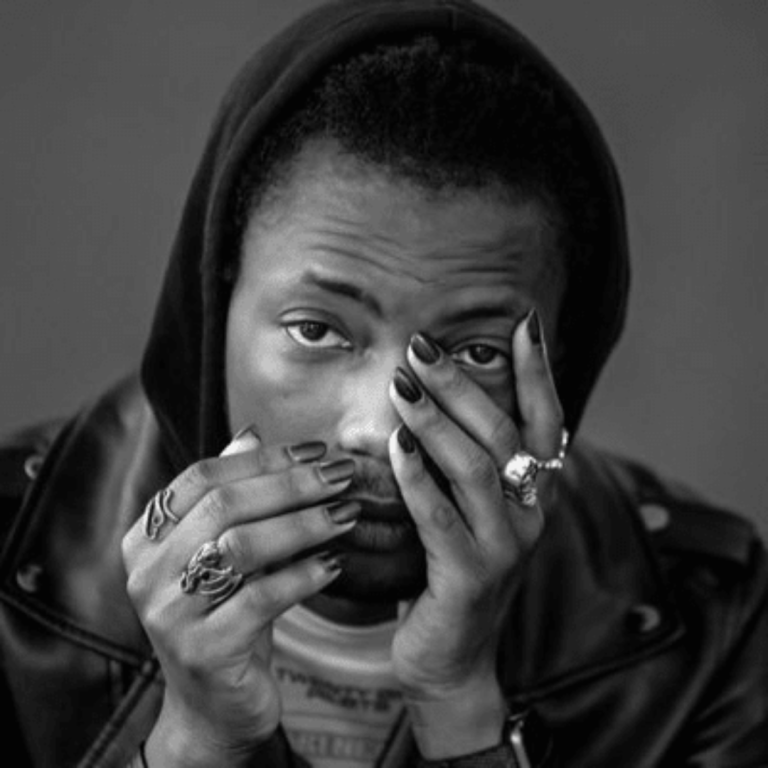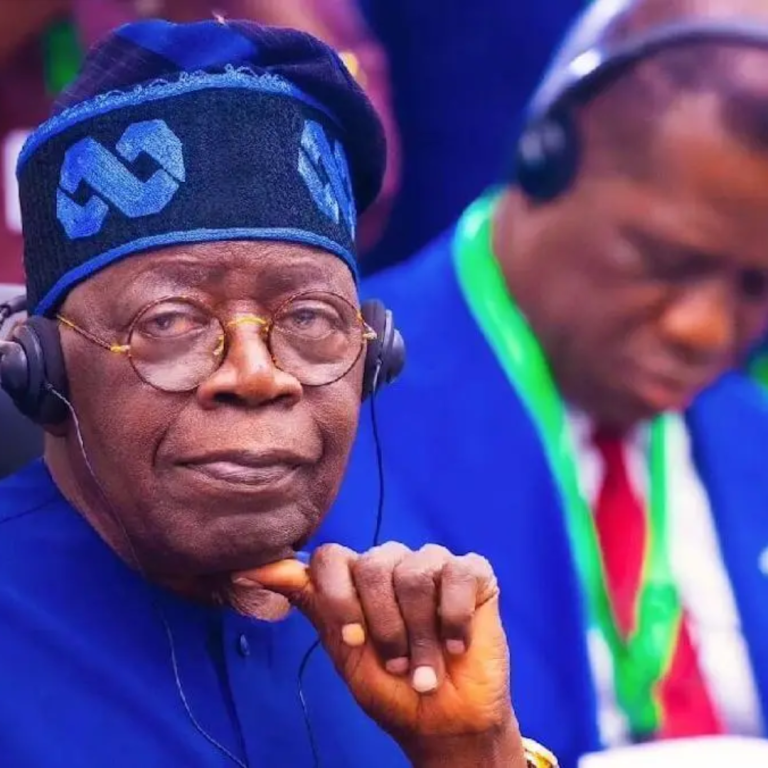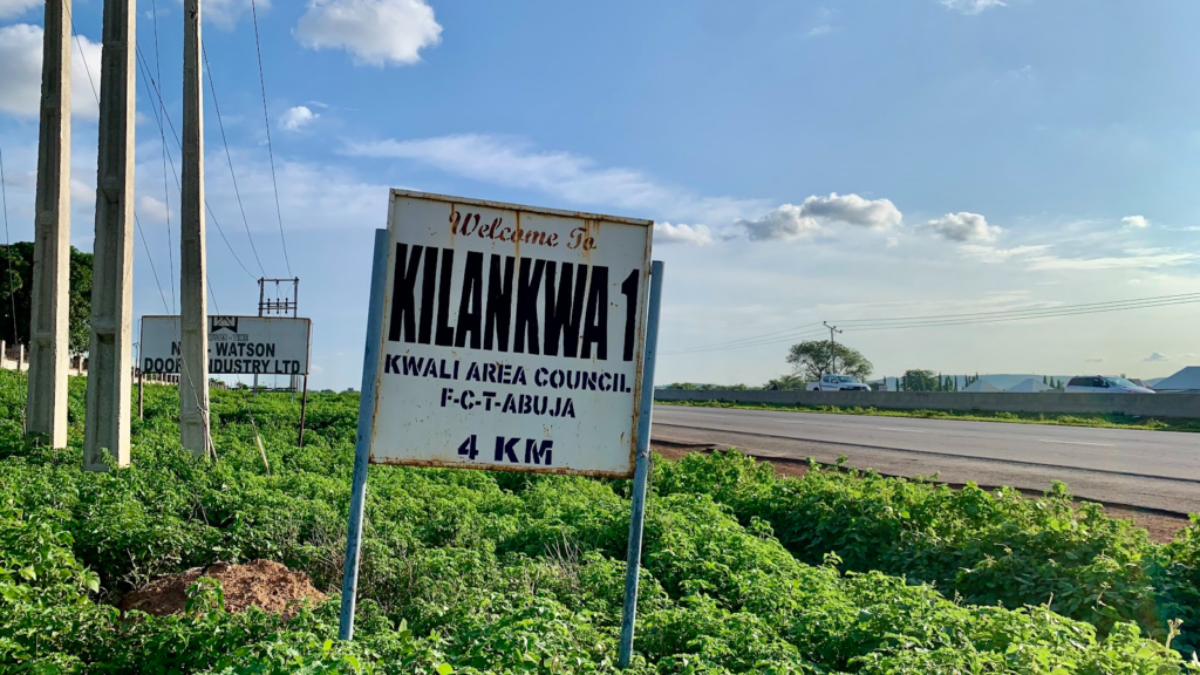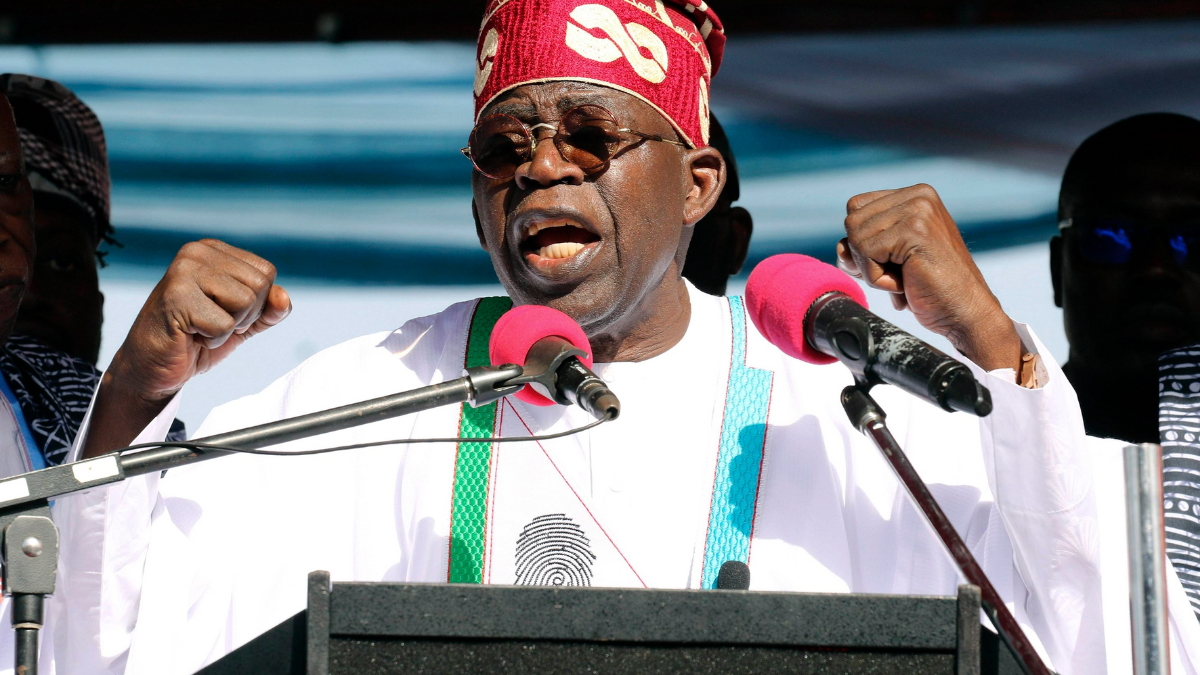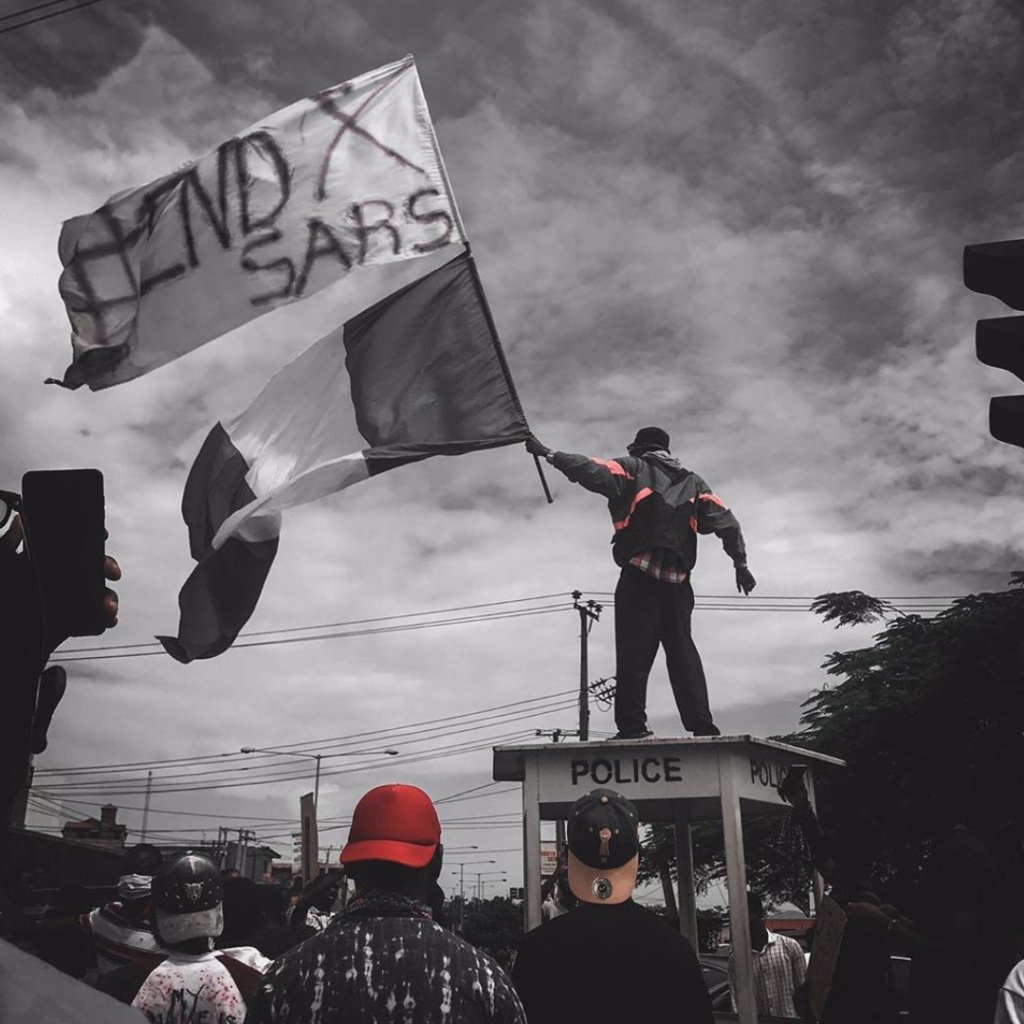
In October 2020, Nigerian youths spoke in one voice against the widespread police brutality in the country through the EndSARS nationwide protests. On October 20, 2020, a date that now has sadness forever etched in it, the Nigerian government set out to crush the movement.
Deep into the night, while protesters at the Lekki Tollgate in Lagos State, held the Nigerian flag and recited the national anthem, soldiers of the Nigerian military fired their guns into the crowd, killing many.
In the days and years that followed, some politicians and the Nigerian government denied, and have continued to insist, in different ways that the Lekki massacre never happened.
Here is a timeline of statements made by politicians, both in individual capacities and on behalf of the government, denying Nigerians were killed for demanding their rights.
Babajide Sanwo-Olu (Lagos State Governor), October 21, 2020
On October 21, 2020, during a press briefing a day after the shooting, Sanwo Olu said that nobody was killed at the Lekki tollgate.
“Fellow Lagosians, as we pray for the swift recovery of the injured, we are comforted that we have not recorded any fatality as against the widespread speculation on social media. Both myself and the leadership of the Ministry of Health have been going round. We went round all the hospitals last night, to see and to monitor for ourselves what has happened and to look and identify the injured protesters,” he said.
Nigerian Army, October 21, 2020
On October 21, a day after the massacre, the Nigerian army took to its X account to label different reports about the incident as fake news.
Lai Mohammed-(Former Minister of Information), November 19, 2020
On November 19, 2020, at a press conference organised to address the EndSARS protests, Lai Mohammed described reports of the Lekki shootings as fake news and encouraged the international community to ignore them.
“At this juncture, we want to appeal to countries that have made faulty judgments on the basis of fake news and disinformation emanating from #EndSARS crisis to endeavour to seek and find the truth,” he said.
Wasiu Sanni (Deputy Speaker, Lagos State House of Assembly), October 29, 2020
On October 29, 2020, during a plenary session, the lawmaker said: “In fact, the way and manner it was out on social media, I could not even eat, I was down, I was very very sad. I thought what we had, we cannot have less than 300 or 100 people who had died from such whatever.”
Lai Mohammed, November 2020
After CNN released a report saying the military killed EndSARS protesters in Lekki, the former minister of information said that “the report lacks fairness and balance, and that “the organisation relied heavily on manipulated social media videos.”
Lai Mohammed, October 20, 2021
On the first anniversary of the Lekki shootings, Lai Mohammed, speaking for the Nigerian government, continued to deny the massacre happened, even after a Judicial Panel of Inquiry and Restitution set up to investigate the incident described the events of that night as a massacre.
“Today marks the first anniversary of the phantom massacre at Lekki Toll Gate in Lagos…” Continuing, he said “The military did not shoot at protesters at the Lekki Tollgate on Oct. 20, 2020, and there was no massacre at the toll gate. The only ‘massacre’ recorded was in the social media, hence there were neither bodies nor blood.”
Tukur Buratai (Former Chief of Army Staff), December 4, 2020
At the decoration of some major generals, Buratai denied the Lekki shootings, even after the CNN report confirmed it happened.
“.. there was no single corpse, but some persons were seeing double at Lekki toll gate in Lagos State,” he said.
Why are these denials dangerous?
Apart from being downright insensitive to victims and families who suffered as a result of the Lekki shootings, here are some of the things that make the denials from the Nigerian government dangerous.
Denials reduce public sympathy for social movements
Because movements like EndSars heavily rely on public support, denials from government and public figures have a way of making the movement appear illegitimate and reducing sympathy, especially from those who were not directly affected by it.
Denials delay justice and accountability
When the government refuses to admit that it has done something wrong, it becomes difficult for movements to push for legal reforms as the system they are fighting against has refused to acknowledge the issue. It also delays justice, as has been seen in the case of the EndSars movement.
Denials create a culture of fear
When the government denies events like this and threatens media houses that present alternative reports and narratives, they create a culture of fear that prevents regular citizens and activists from taking more action and this weakens the strength of a movement.
Denials demoralise people
When the government does something of this nature and denies it, it makes people feel their actions have been in vain because the government would always get away with such crimes.
What can Nigerian youths do to avoid future denials?
This question is key to future social movements and if young people are successful in answering it, things are likely to change. Young Nigerians are asking this question now more than ever and here’s what we think the answer is.
- Document events with clear evidence
- Utilise secure platforms like blockchain-based archival systems to make sure important footage and documents remain accessible
- Build strong alliances with the media
- Build stronger social movements

